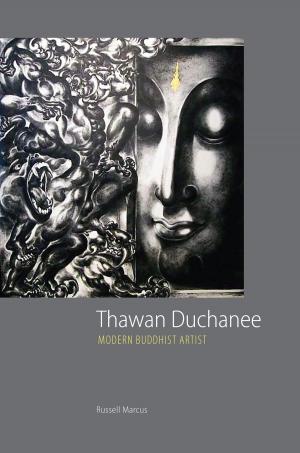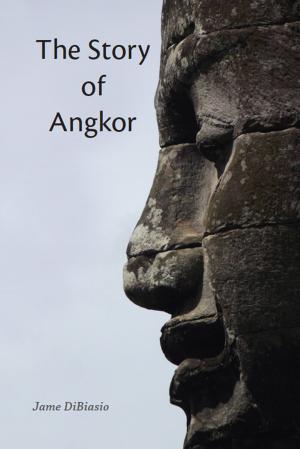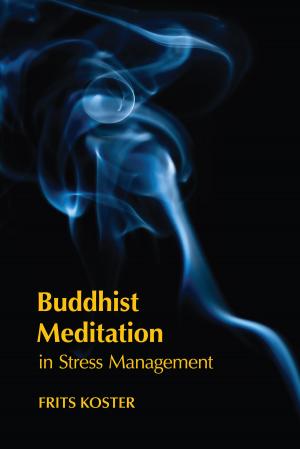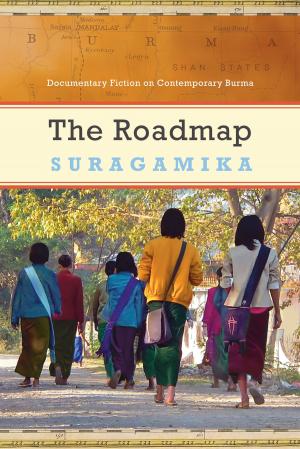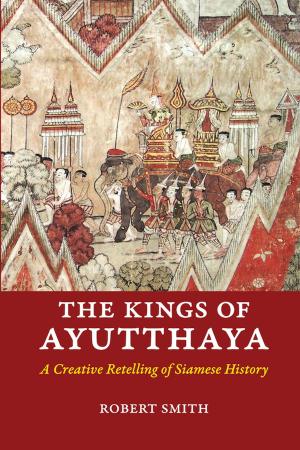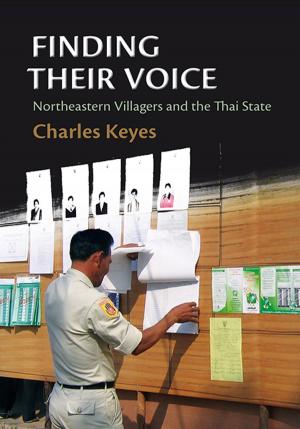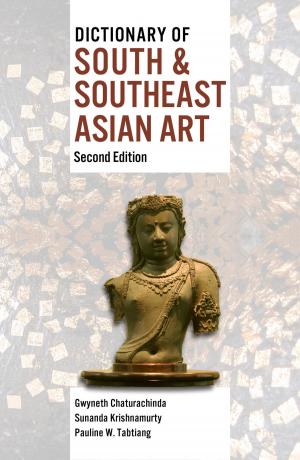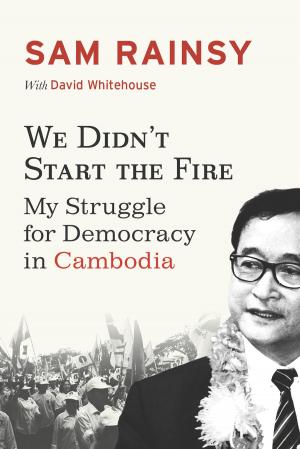Burma in Revolt
Opium and Insurgency since 1948
Nonfiction, History, Asian, Southeast Asia, Military, Other, Social & Cultural Studies, Political Science, Government, Democracy| Author: | Bertil Lintner | ISBN: | 9781630411848 |
| Publisher: | Silkworm Books | Publication: | May 1, 1999 |
| Imprint: | Language: | English |
| Author: | Bertil Lintner |
| ISBN: | 9781630411848 |
| Publisher: | Silkworm Books |
| Publication: | May 1, 1999 |
| Imprint: | |
| Language: | English |
In 1948, Burma was a promising young democracy with a bustling free market economy and a standard of living that surpassed nearly all of its other Asian neighbours. Fifty years later, Burma is one of the poorest nations in the world, with a military dictatorship in Rangoon and 50,000 armed rebels from a myriad of ethnic insurgency groups. In this well documented and detailed account, well-known Burma journalist Bertil Lintner explains the nexus between Burma’s booming drug production and its insurgency and counter-insurgency, providing an answer to the question of why Burma has been unable to shake off thirty-five years of military rule and build a modern, democratic society.
Lintner’s lively account is interspersed with numerous anecdotes gleaned from personal research and interviews. Individuals are given features and personality in the complicated “jigsaw” of Burma’s modern history. Beginning with the shock of Aung San’s murder in 1947, Lintner retraces events from the 1920s that led to this disastrous event and continues his narrative up to the present, navigating the reader through webs of intrigue involving power, politics and drugs. Key players are the Rangoon government, the ethnic resistance, the Communists, the Kuomintang, and the US government.
This revised and updated edition includes five extensive appendixes for serious readers and Burma scholars alike: a list of acronyms, a chronology of events, a who’s who of important figures in Burma’s insurgency, an annotated list of rebel armies, and biographical sketches of the Thirty Comrades.
“Bertil Lintner, one of Burma’s (Myanmar’s) closest and most incisive observers, has written an important book. It is more than a study of the drug trade and the minority rebellions. It is in a sense a history of Burma since independence. No one concerned with Burma, with Southeast Asia, or with international narcotics affairs can neglect this work”. — David I. Steinberg, Georgetown University
About the author
Bertil Lintner is a former correspondent with the Far Eastern Economic Review and currently Asia correspondent for the Swedish daily Svenska Dagbladet as well as a contributor to Asia Times Online, Hong Kong, and Jane’s Information Group in the UK. He has written seven books on Burma, among them Outrage: Burma’s Struggle for Democracy and Burma in Revolt: Opium and Insurgency since 1948. He lives in Chiang Mai, Thailand.
In 1948, Burma was a promising young democracy with a bustling free market economy and a standard of living that surpassed nearly all of its other Asian neighbours. Fifty years later, Burma is one of the poorest nations in the world, with a military dictatorship in Rangoon and 50,000 armed rebels from a myriad of ethnic insurgency groups. In this well documented and detailed account, well-known Burma journalist Bertil Lintner explains the nexus between Burma’s booming drug production and its insurgency and counter-insurgency, providing an answer to the question of why Burma has been unable to shake off thirty-five years of military rule and build a modern, democratic society.
Lintner’s lively account is interspersed with numerous anecdotes gleaned from personal research and interviews. Individuals are given features and personality in the complicated “jigsaw” of Burma’s modern history. Beginning with the shock of Aung San’s murder in 1947, Lintner retraces events from the 1920s that led to this disastrous event and continues his narrative up to the present, navigating the reader through webs of intrigue involving power, politics and drugs. Key players are the Rangoon government, the ethnic resistance, the Communists, the Kuomintang, and the US government.
This revised and updated edition includes five extensive appendixes for serious readers and Burma scholars alike: a list of acronyms, a chronology of events, a who’s who of important figures in Burma’s insurgency, an annotated list of rebel armies, and biographical sketches of the Thirty Comrades.
“Bertil Lintner, one of Burma’s (Myanmar’s) closest and most incisive observers, has written an important book. It is more than a study of the drug trade and the minority rebellions. It is in a sense a history of Burma since independence. No one concerned with Burma, with Southeast Asia, or with international narcotics affairs can neglect this work”. — David I. Steinberg, Georgetown University
About the author
Bertil Lintner is a former correspondent with the Far Eastern Economic Review and currently Asia correspondent for the Swedish daily Svenska Dagbladet as well as a contributor to Asia Times Online, Hong Kong, and Jane’s Information Group in the UK. He has written seven books on Burma, among them Outrage: Burma’s Struggle for Democracy and Burma in Revolt: Opium and Insurgency since 1948. He lives in Chiang Mai, Thailand.

